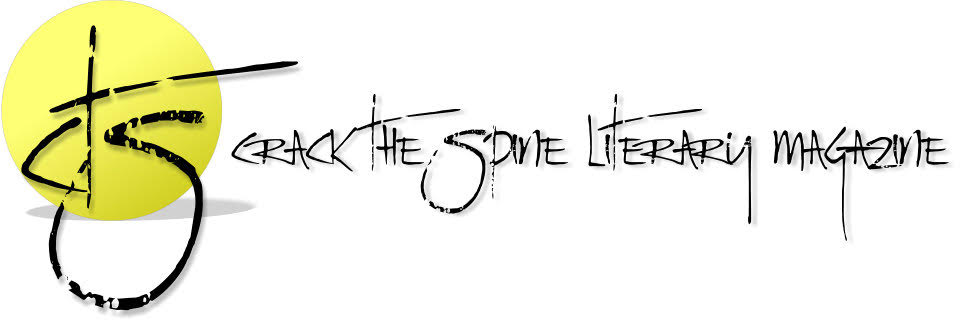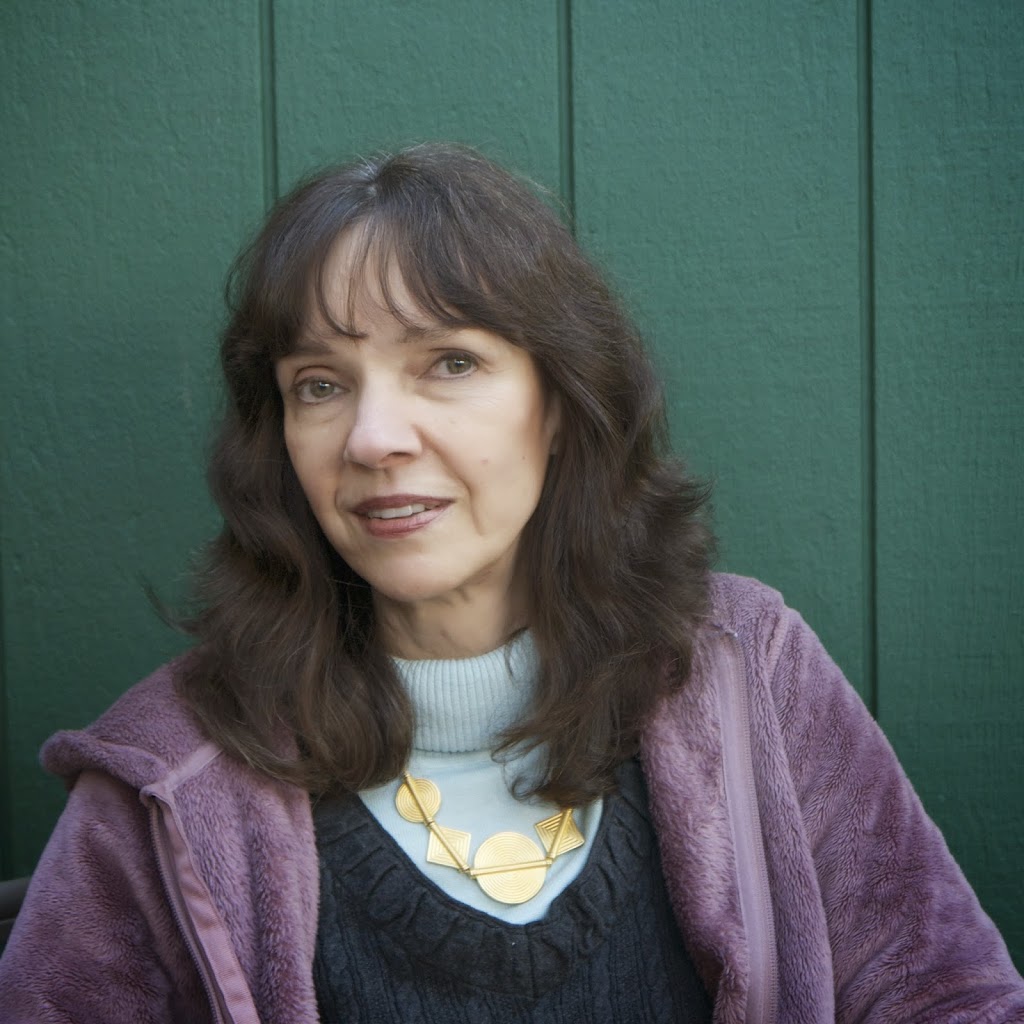Lucille Lang Day
Age: 66
Oakland, California
Education: I dropped out of school after eighth grade but went back three years later and eventually earned a B.A. in biological sciences, M.A. in zoology, and Ph.D. in science/mathematics education at the University of California at Berkeley, as well as an M.A. in English and M.F.A. in creative writing at San Francisco State University.
The Writer
How long have you been writing? I’ve thought of myself as a writer since 1954, when I wrote my first unassigned poem at age six, but I didn’t start entering writing contests and trying to publish my work until 1971, when I was twenty-three and a senior in college.
What do you consider to be your greatest accomplishment as a writer?
My memoir, Married at Fourteen: A True Story (Heyday, 2012), which received a 2013 Pen Oakland Josephine Miles Literary Award and was a finalist for the 2013 Northern California Book Award in Creative Nonfiction.
The Work
Tell us about your work in Crack the Spine.
“Pneumonia,” a poem about having pneumonia and identifying with my grandmother and great-grandmother, both of whom died of pneumonia.
What inspired Pnuemonia?
I had bronchitis and pneumonia for six months in 2011.
Anything else you’d like to share about your work in Crack the Spine?
“Pneumonia” will be in “Becoming an Ancestor,” my upcoming poetry collection about family, ancestors, descendants, and mortality.
Tell us about another project you have published or are currently working on.
I recently published two more poems from Becoming an Ancestor: “Rituals” and “I Am Afraid.” The themes of these poems, respectively, are mortality and aging.
Where can we find these poems?
These two poems appear in Blue Lyra Review.
The Methods
Where do you write?
Usually in my home office.
What are your thoughts on self-publishing vs. traditional publishing?
I published one of my poetry collections, “Wild One,” with my own press, Scarlet Tanager Books, and I found self-publishing to be a very lonely experience because I was completely on my own both in producing the book and in trying to get readings and reviews later. If someone else publishes your book, even a small press, there will be at least one other person in the world who cares about the look and success of your book and will help you design it, proofread it, promote it, etc.
How many drafts do you generally go through before you consider a piece to be complete?
Anywhere from two to too many to bother counting, but usually somewhere in between.
What are your thoughts on writing at a computer vs. writing longhand?
I make notes in longhand but prefer composing at a computer because it’s so much easier to make changes.
How do you react to editorial rejections of your work?
In general, they don’t matter. Occasionally, if I know the editor, the journal has published my work before, or I think my work is particularly well suited to the topic of an anthology, I feel very disappointed by a rejection.
The Madness
What is the greatest occupational hazard for a writer?
Spending so much time on the business of writing and on outreach activities that you don’t have time for your creative work. The business of writing includes things like submitting, corresponding with editors, reviewing proofs, keeping your Poets & Writers and AWP profiles up to date, etc. Outreach includes all the things you do to connect with the literary community and beyond: readings, blogs, guest blogs, interviews, newsletters, Facebook posts, tweets, etc. The outreach activities can be so much fun that you get caught up in them and find that’s all you’re doing.
Who would play you in the film of your life?
Abigail Breslin, currently 18 years old, would play me between the ages of 13 and 19. I was spunky, outspoken, rebellious, and precociously sexy. I was also a dreamer and a romantic who believed in the movie version of true love. I am envisioning this as a film based on my memoir, Married at Fourteen.
What’s in that cup on your desk?
Coffee
Rain or Sunshine?
Sunshine
Chocolate or Vanilla?
Chocolate
Beer or Wine?
Wine
Additional Reading on Lucille

